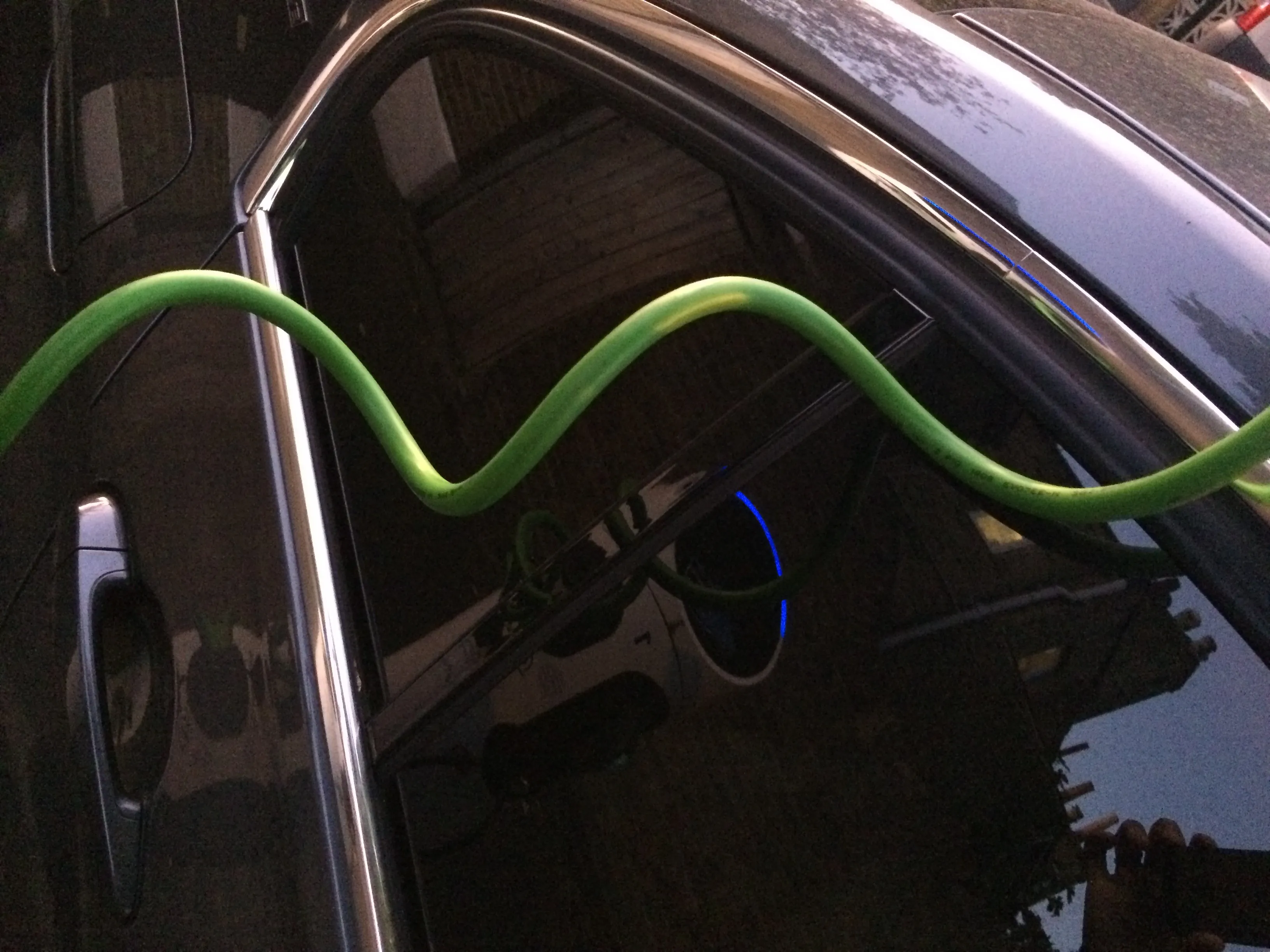Johnson Controls has filed a lawsuit in the Delaware Chancery Court to dissolve the Johnson Controls-Saft joint venture which was formed in 2006 to develop and manufacture lithium-ion motive battery solutions.
April 25, 2012
Read time: 1 min
"Johnson Controls and Saft have a fundamental disagreement about the future direction and appropriate scope of the joint venture," said Alex Molinaroli, president, Johnson Controls Power Solutions. "The industry is evolving rapidly and the investments needed to achieve market leadership require us to do more than the joint venture has done or can do."
Johnson Controls believes that as vehicle power train technologies continue to evolve and new markets emerge for advanced batteries, the company must have access to multiple alternative technologies and be able to flexibly participate more broadly across the energy storage space.
"This action reaffirms our strategic commitment to the advanced battery industry," said Molinaroli.
The filing does not affect Johnson Controls-Saft's current contracts, production orders or programme launches.









